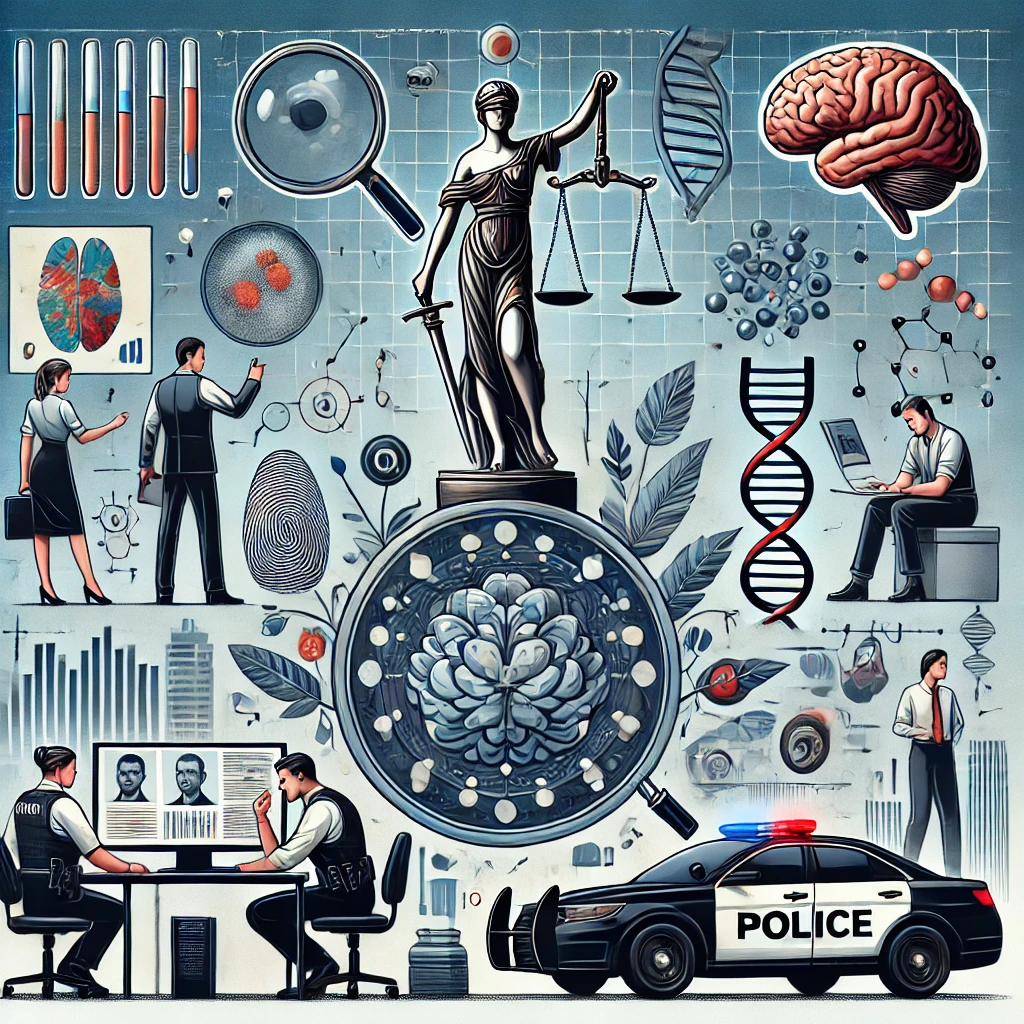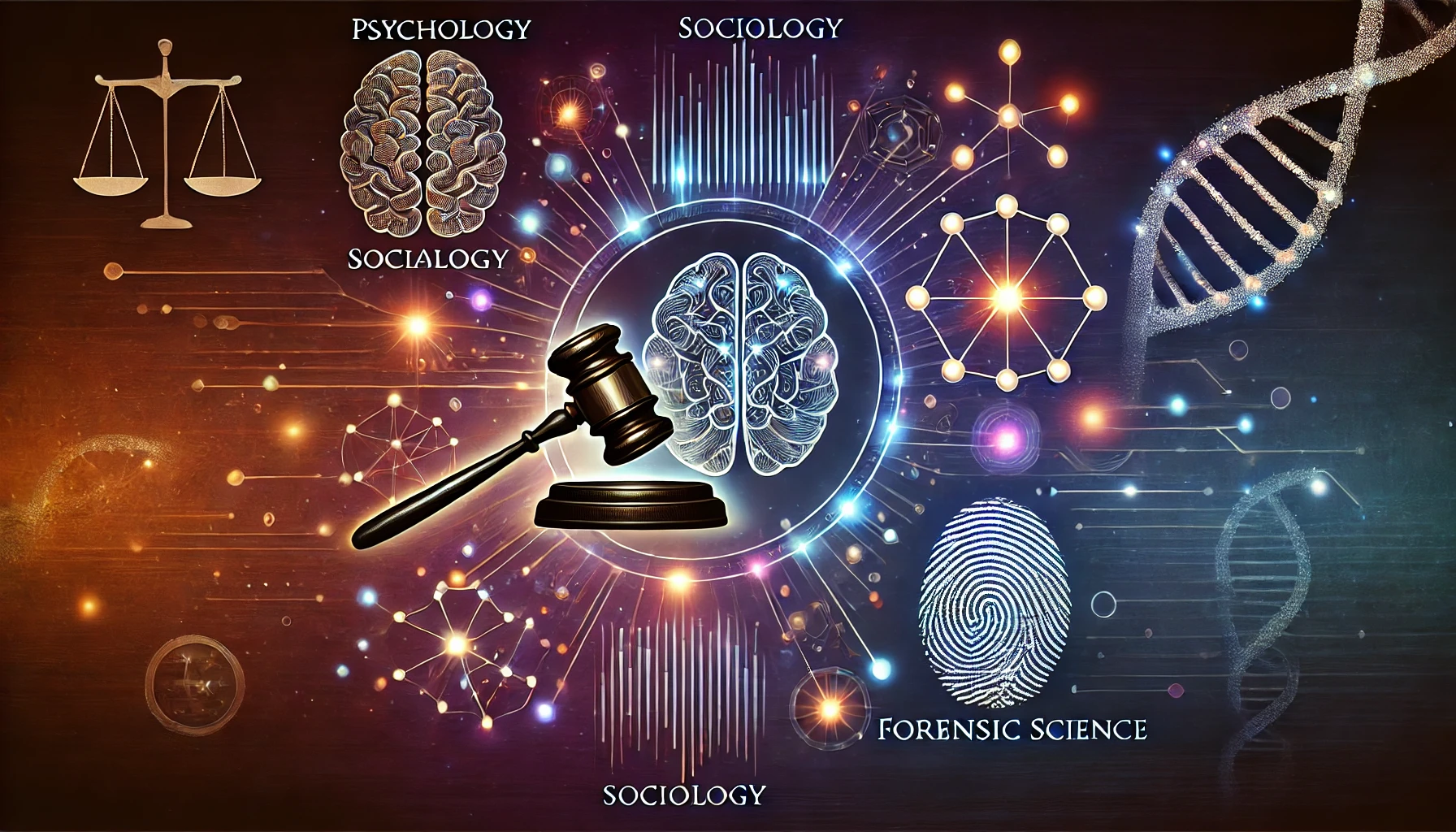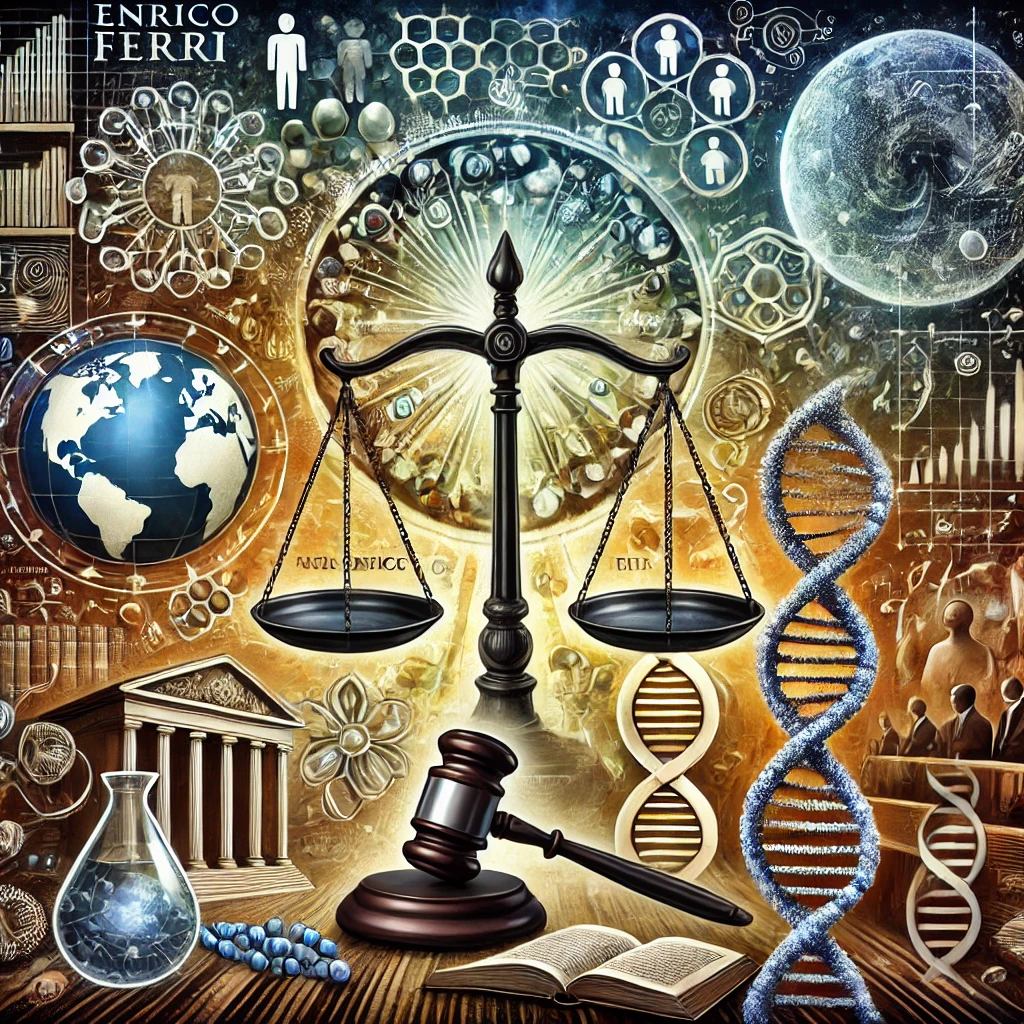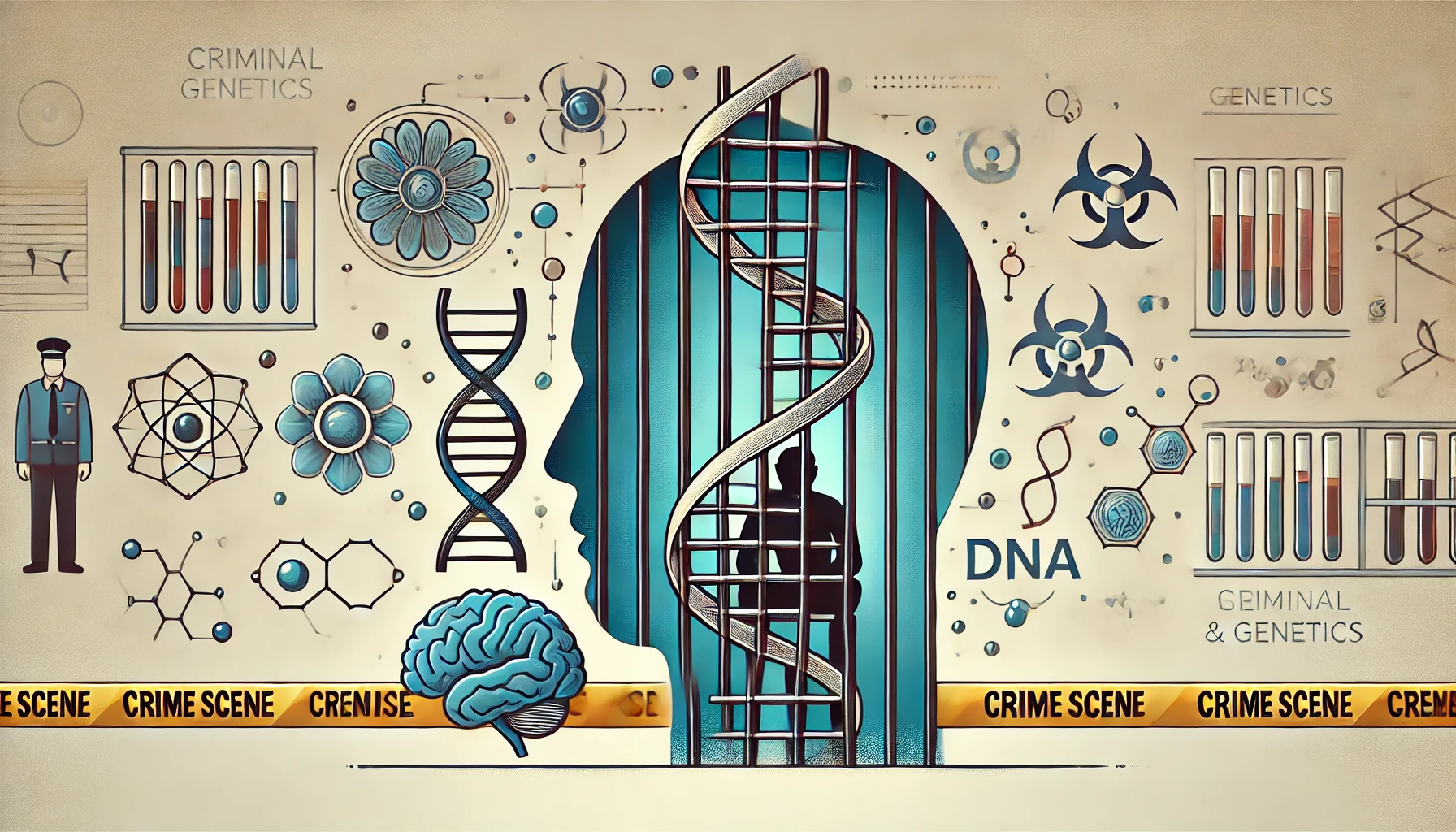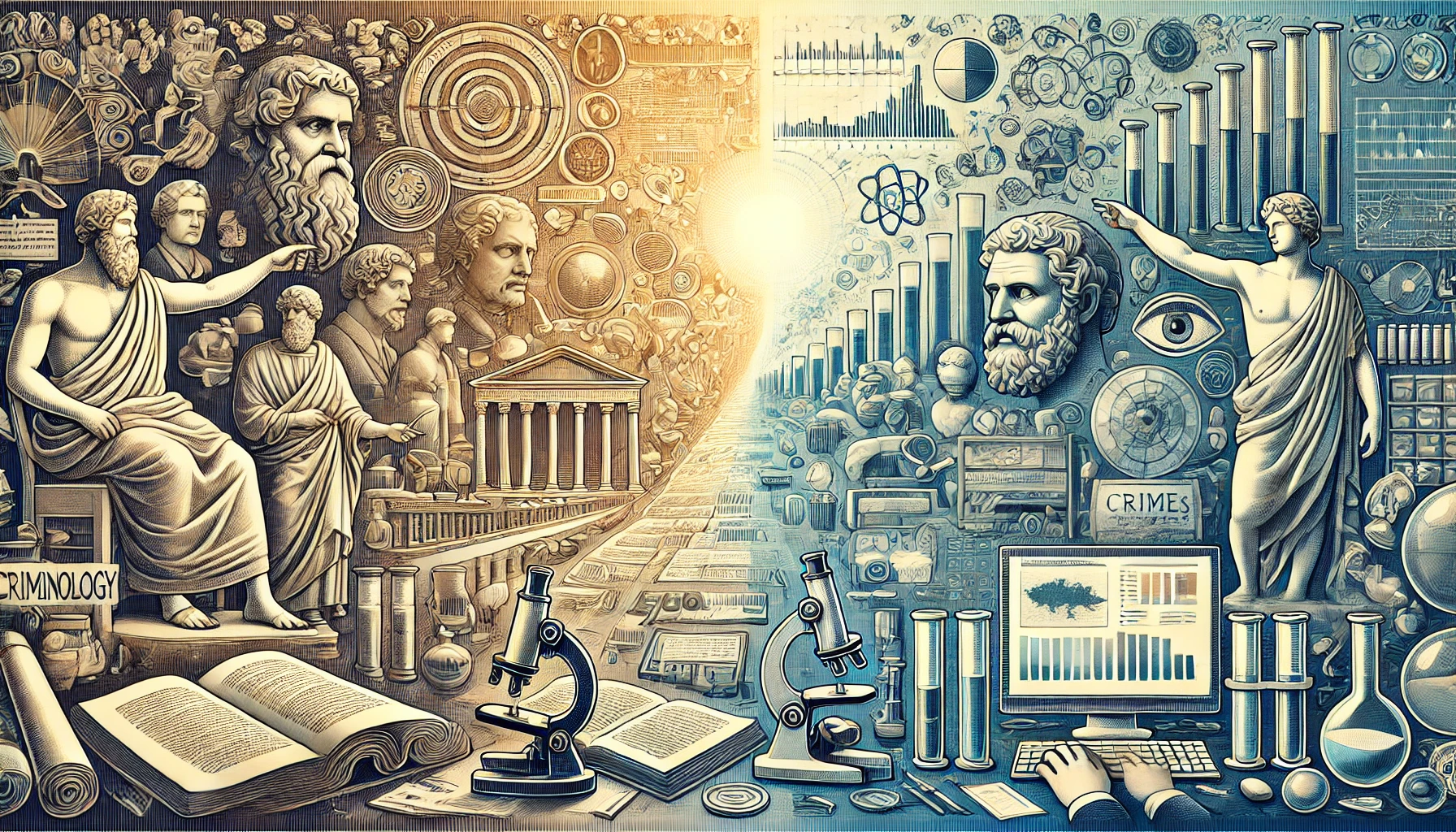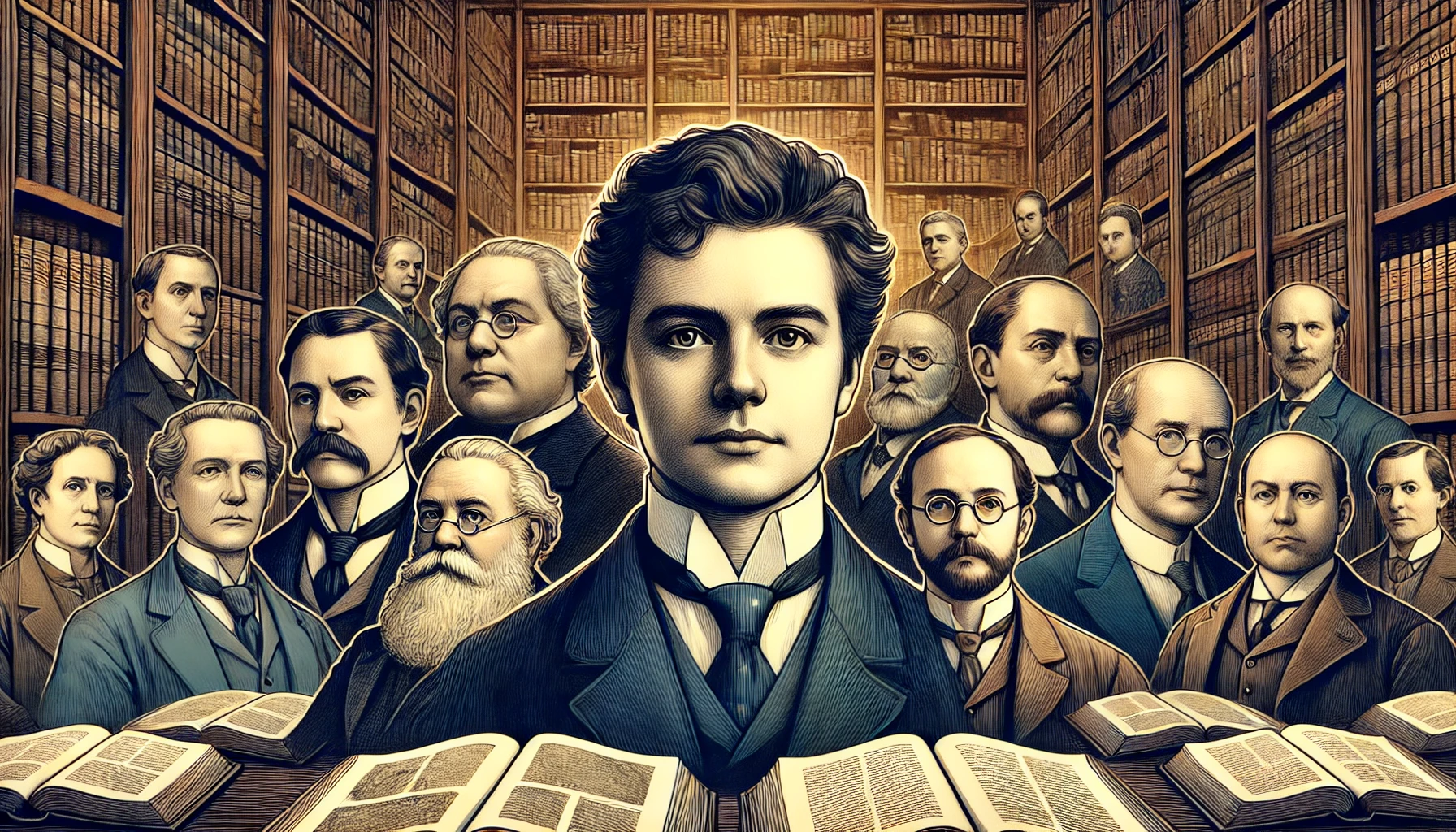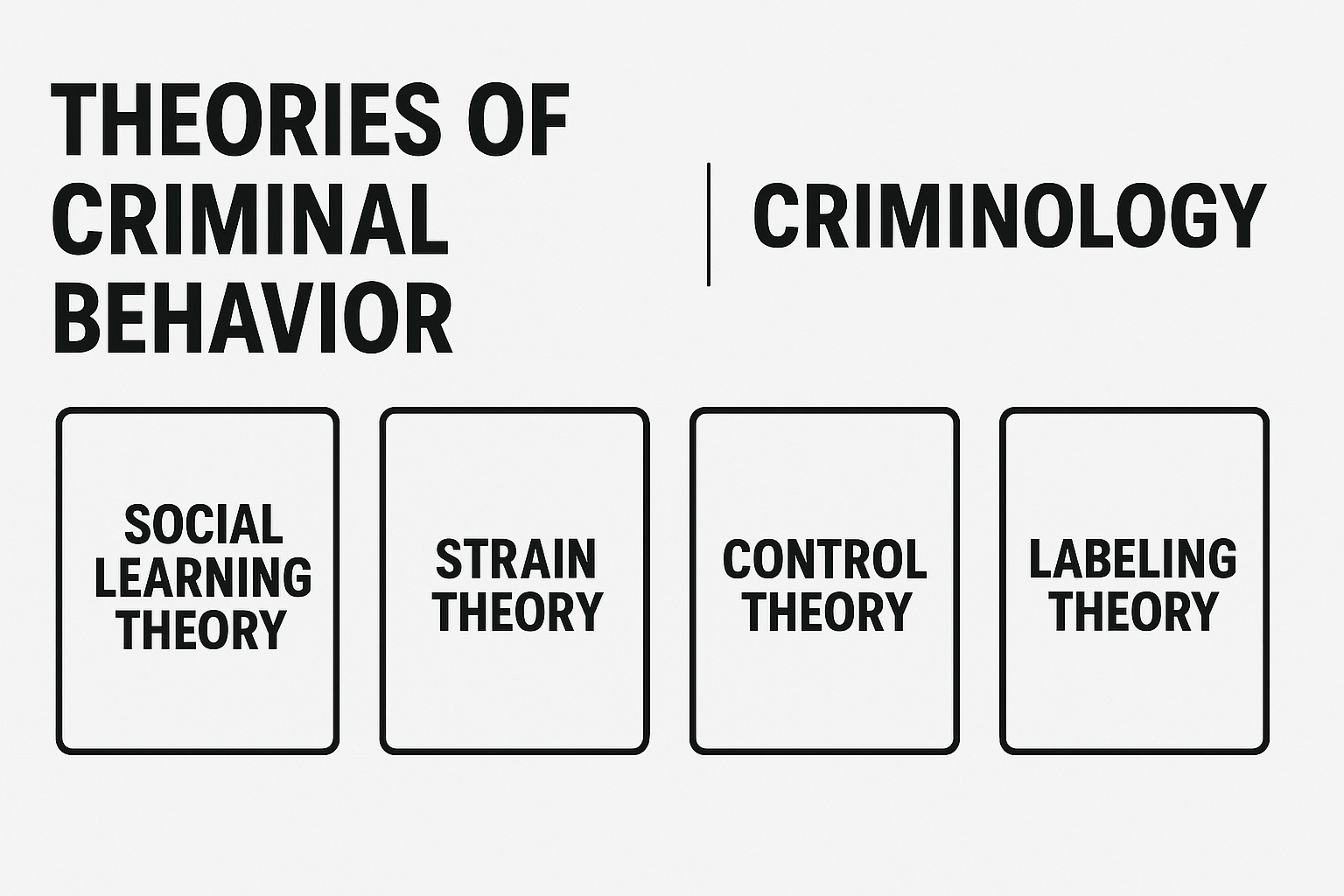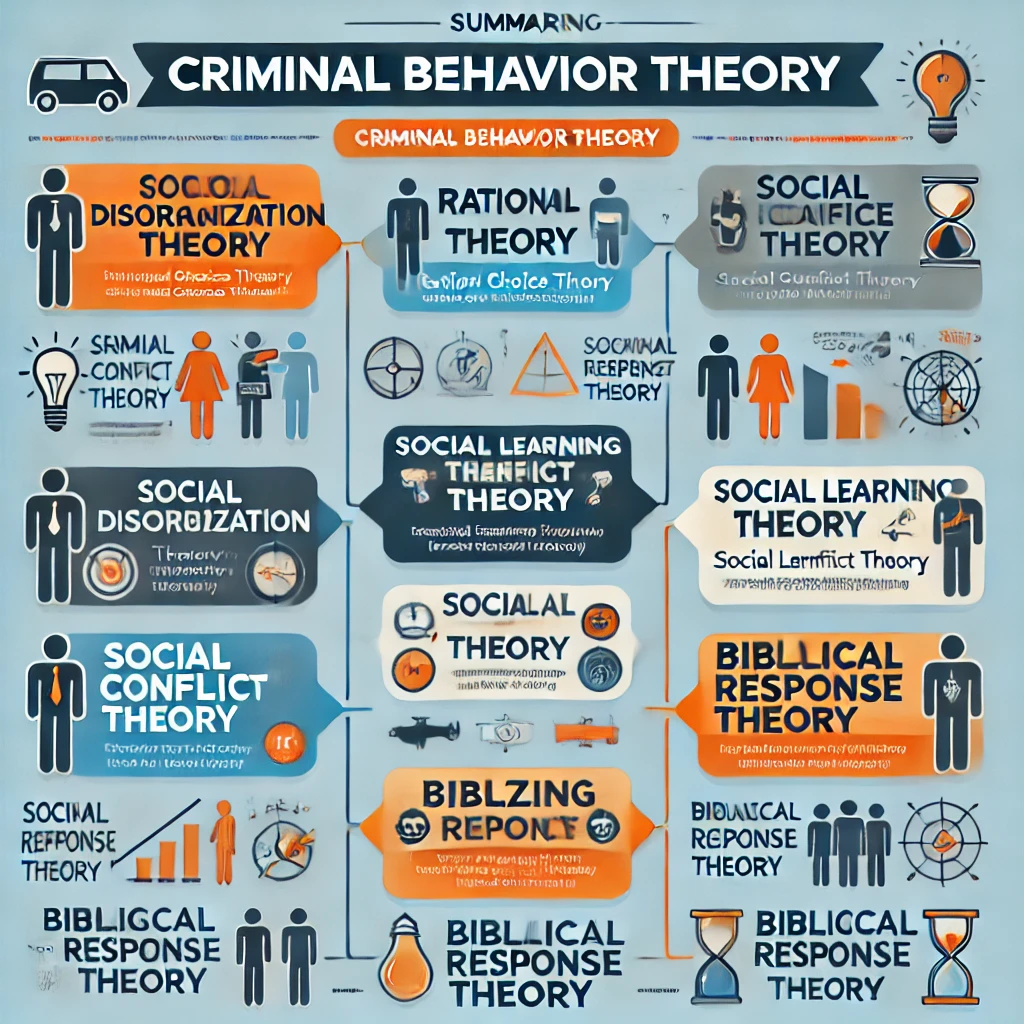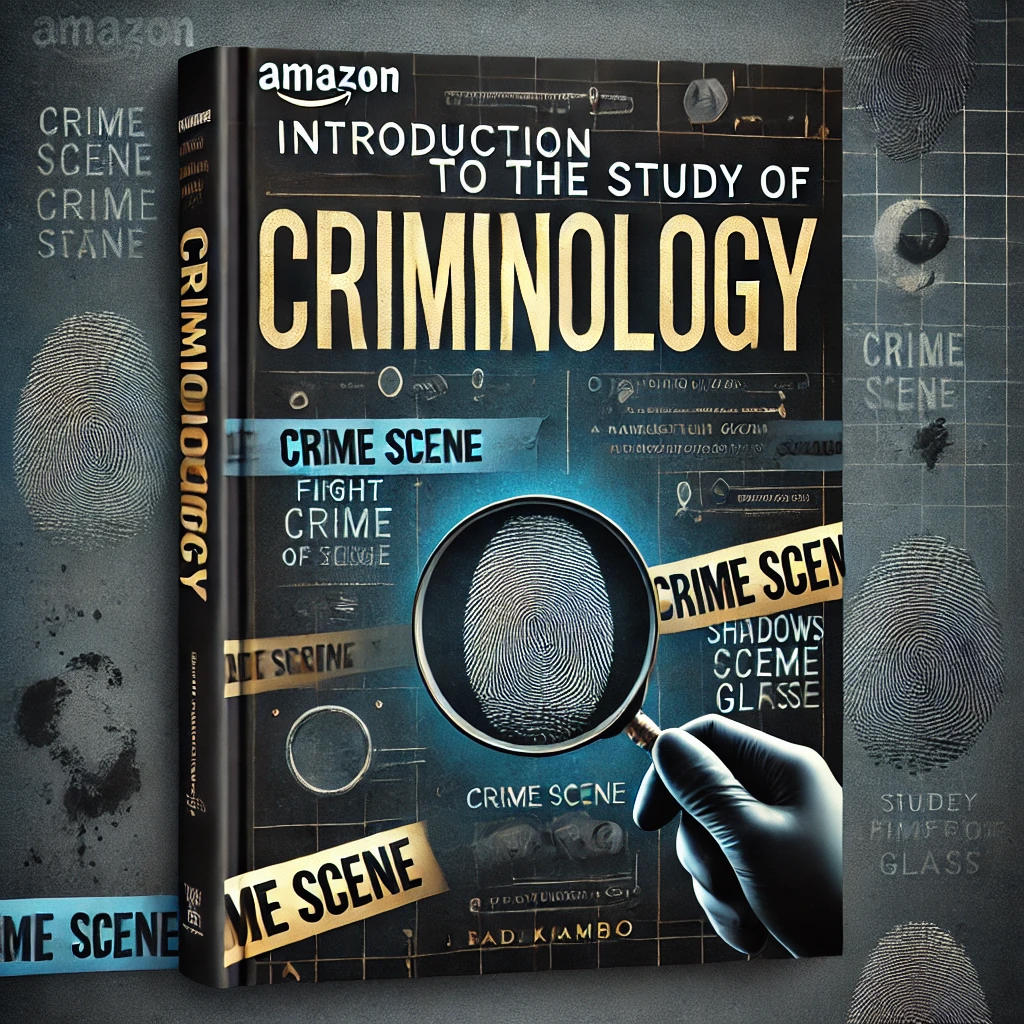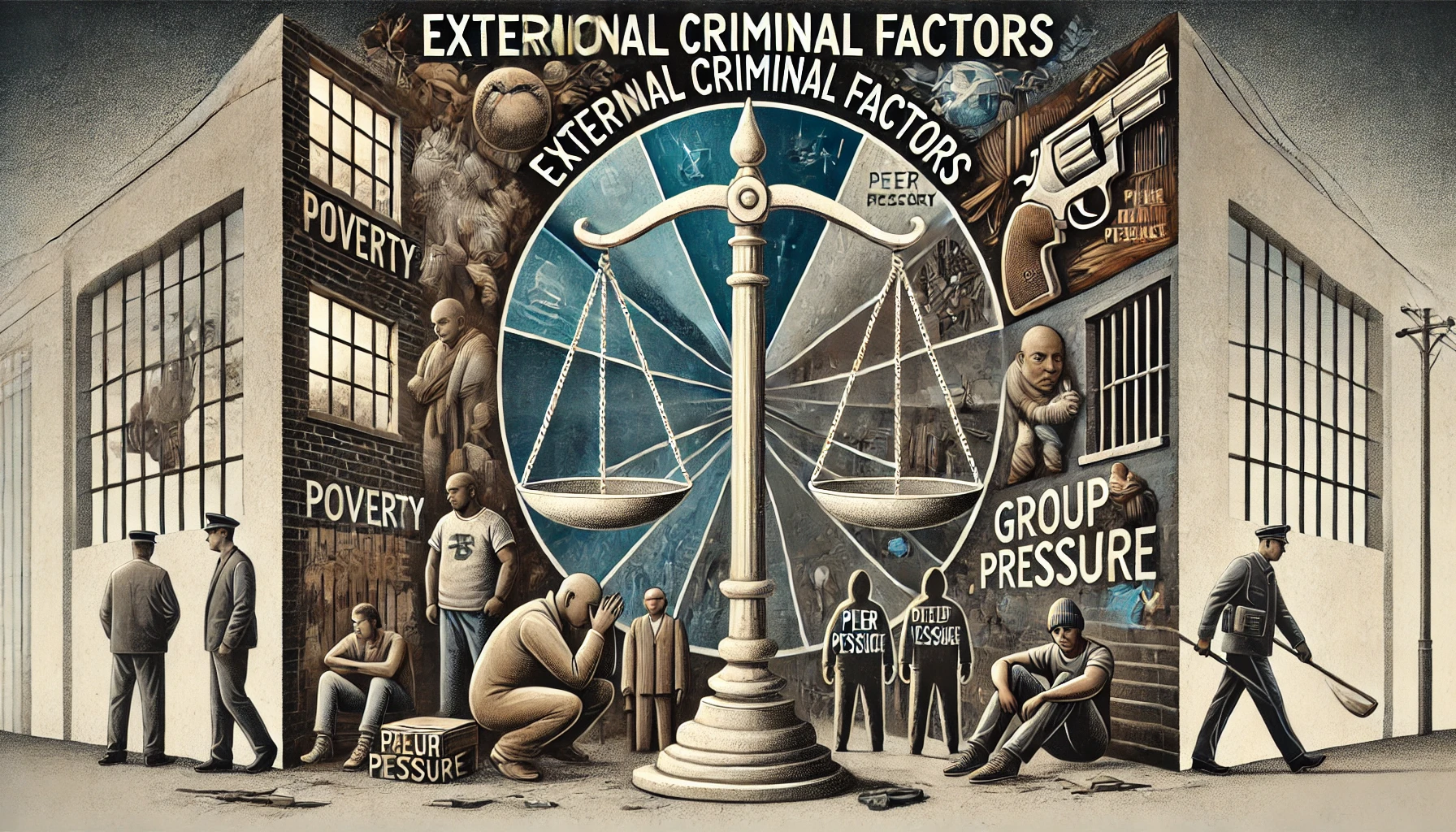The Role of Criminology in Understanding and Analyzing Criminal Behavior
Criminology, the scientific study of crime and criminal behavior, serves as a critical tool for understanding the complexities of deviance. By analyzing the causes, patterns, and societal impacts of criminal acts, criminology helps bridge the gap between theory and practice. This article explores the multifaceted role of criminology in shedding light on criminal behavior and … Read more

